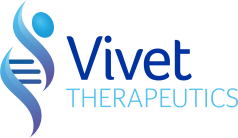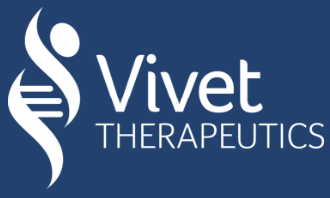Vivet Therapeutics Announces 2 Abstracts Presentation At 2020 American Society Of Gene And Cell Therapy Annual Meeting
Vivet Therapeutics, a privately held gene therapy biotech company dedicated to developing gene therapy treatments for inherited liver disorders with high unmet medical need, will present important new data around the sensitivity of different AAV serotypes to pre-existing NAbs, and data on VTX-804, Vivet’ novel therapeutic in development for the treatment of Citrullinemia Type I (CTLN-1), during the ASGCT 23rd Annual Meeting, May 12 – 15, 2020.
Dr. Gloria González-Aseguinolaza, Vivet Therapeutics CSO & Deputy Director at FIMA will present data from a recently completed study on the sensitivity of different AAV serotypes to pre-existing NAbs and the transduction impact in vivo in order to evaluate the percentage of eligible subjects. The study conducted in mice and non-human primates confirms that different AAV serotypes exhibit different levels of sensitivity to NAbs, leading to varying levels of liver transduction and inhibition of vector efficacy and as a consequence to different percentage of eligible subjects.
Title: Sensitivity of different AAV serotypes to pre-existing NAbs, in vivo impact (Tuesday May 12 at 5:30-6:30pm / Session 150 – Immunological Aspects of Gene Therapy and Vaccines/402)
New findings from recently completed preclinical study of VTX-804 will be presented by Dr. Aquilino Lantero, Research Scientist at Vivet. Dr Lantero will present a new animal proof of concept study for VTX-804, one of Vivet’s portfolio indications: “rAAV Gene Therapy for the Treatment of Citrullinemia Type I (CTLN-1) in Immature Mice” (Tuesday May 12 at 5:30-4:30pm / Session 144 – Metabolic, Storage, Endocrine, Liver and Gastrointestinal Diseases/257). These data expand earlier observations and confirm the potential of AAV based gene therapy as a promising strategy for the treatment of CTLN-1.
The abstracts listed above can be found online at: https://www.asgct.org/global/documents/asgct20_abstracts_may8?_zs=S2i4b&_zl=U9052








